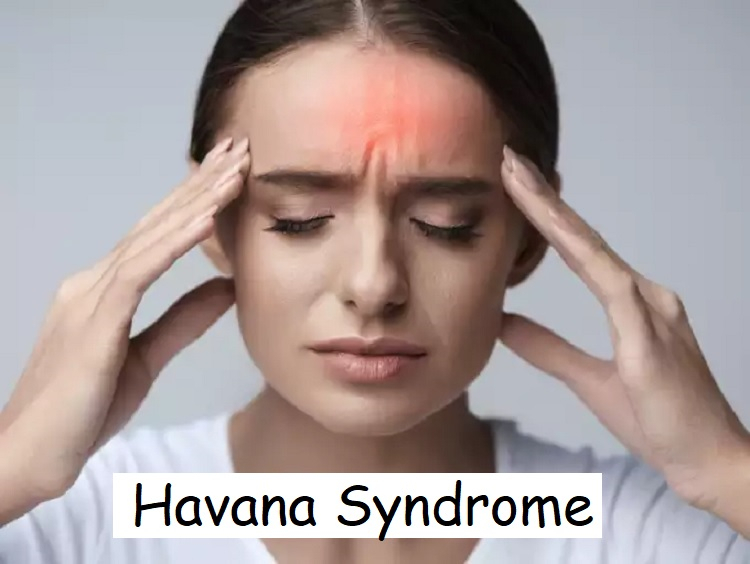The Indian central government has taken the initiative to probe the potential occurrence of the Havana Syndrome within the country. This decision follows a submission made by the government in the Karnataka High Court, where a plea for an inquiry into the enigmatic ailment was heard. The petitioner, A Amarnath Chagu, a Bengaluru resident, had filed the petition seeking an investigation into the Havana Syndrome in India, along with measures to thwart its spread.
All about Havana Syndrome
The term “Havana Syndrome” pertains to a collection of psychological symptoms reportedly encountered by U.S. intelligence personnel and embassy staff across different nations. It’s important to emphasize that “syndrome” generally denotes a grouping of symptoms, not necessarily a distinct medical condition. Instead, it signifies a cluster of symptoms frequently experienced together, the origins of which might be challenging to ascertain.
The phenomenon referred to as the Havana Syndrome typically manifests through symptoms like perceiving certain sounds without external sources, experiencing nausea, dizziness, headaches, memory lapses, and problems with balance.
Originating from its name, this syndrome traces back to Cuba in late 2016. This timing coincided with the U.S. re-establishing its embassy in Havana around a year after diplomatic relations were normalized between the two countries in 2015. During this period, several U.S. intelligence personnel and embassy staff began reporting abrupt episodes of pressure in their brains, followed by persistent headaches, disorientation, and difficulties sleeping.
Where else has this syndrome been reported?
Following the Cuban episode, American intelligence and foreign affairs personnel stationed in various countries have documented instances of experiencing symptoms related to the syndrome.
In early 2018, comparable allegations emerged from U.S. diplomats in China. The inaugural report of this nature was in April 2018, originating from the consulate in Guangzhou. An American staff member disclosed that symptoms had been afflicting them since late 2017. A preceding incident had also been recorded involving a USAID employee at the U.S. Embassy in Tashkent, Uzbekistan, back in September 2017.
In both 2019 and 2020, occurrences of such incidents were noted within the United States, particularly within Washington D.C. Remarkably, one incident was even reported to have taken place at The Ellipse, a lawn adjacent to the White House.
Havana Syndrome in India
In India, the initial instance of such a case emerged during the same year, when a U.S. intelligence officer accompanying CIA director William Burns on a trip to New Delhi documented symptoms associated with the Havana Syndrome.
Up until July 2024, the incident from 2021 remained the sole documented case of the syndrome in India. Indian security insiders noted back in 2021 that they had no knowledge of any Indian agency possessing a weapon with such capabilities. Even if such a weapon existed, it was improbable that the government would acknowledge having acquired such counter-espionage technology due to the delicate nature of intelligence operations.












